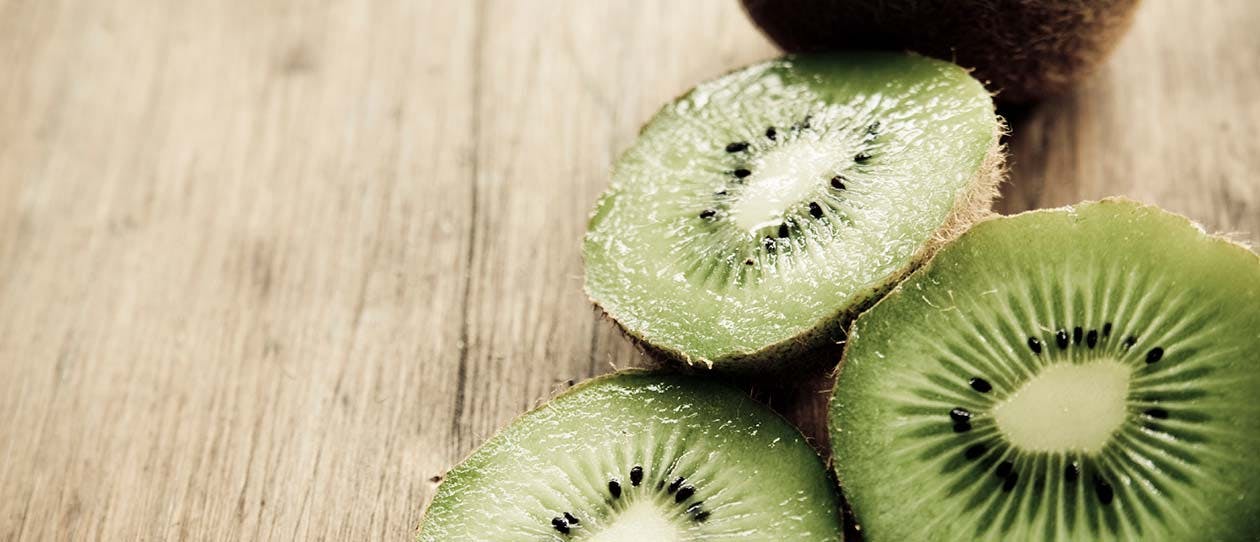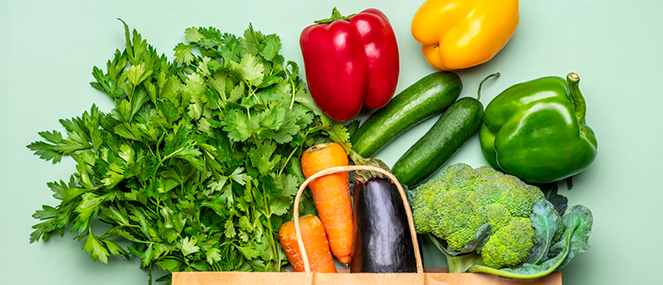
- Health hub/
- Tips & Advice on Improving your Brain Health/
- Feed Your Brain: Foods That Support Healthy Brain Function


Imagine a way of eating that feeds your brain, keeping your mind young and agile throughout a long and healthy life. Good food to satisfy both the senses and the mind, promoting crystal clear thinking and memory. Well, researchers are investigating exactly what this kind of diet would look like, and just how diet and nutrition influence the brain as it ages. This is a field of growing interest, as the world’s population not only continues to grow, but continues to age.
The brain - as a complex system of nerve cells and chemical transmitters or messengers - has very specific nutritional demands in order to build and maintain its structure, to function optimally and to avoid premature ageing.
Specific nutrients may help to keep the brain young throughout life. These include omega-3 essential fatty acids, antioxidants such as vitamins A, C and E and the B group vitamins folate and vitamin B12 (12).
Fish
Fish are a good source of omega-3 polyunsaturated fatty acids, and these good fats are well recognised for their role in brain health. Docosahexaenoic acid or DHA, a type of omega-3 essential fatty acid (EFA) found in fish oil, is the most abundant omega-3 fatty acid in the brain. It is an absolute requirement for brain tissue to function and is being investigated for its role in reducing cell membrane deterioration, a process involved in brain aging.
The level of polyunsaturated fatty acids(PUFAs), in particular omega-3 EFA’s, in the brain decreases with advancing age corresponding with an increase in the generation of reactive oxygen species, a type of free radical. The cause of the decrease in PUFAs may be either a reduced ability to deliver these fats to the brain through the blood-brain barrier, a decreased uptake into the cell membranes of the brain tissues, or possibly a reduced activity of particular enzymes necessary for the metabolism of essential fats. This makes it so important to eat enough essential fatty acids in the diet to provide sufficient “good” fats for the renewal of nerve cell membranes and protect to a certain extent, against cerebral aging.
Research has suggested that a diet high in eicosapentaenoic acid (EPA), another omega-3 essential fatty acid, may help to turn around some age-related deficits. So, grandma was right when she told you to eat your fish because it is good for your brain. And now we know why.
Rich dietary sources of omega-3 essential fatty acids include:
- fish
- flax seeds
- krill oil
- chia seeds
- walnuts
It’s recommended that adult women consume 420 mg and men consume 610 mg of omega-3 essential fatty acids daily.
Fruits and vegetables
Fruits and vegetables are an invaluable source of powerful antioxidant nutrients, including vitamins A, C and E and carotenoids. These antioxidants may help to combat free radical damage that can lead to damage and ageing. Fresh is best in this case, as is brightly coloured produce.
Free radical damage to cells of the brain and nervous system may theoretically be linked to age-related memory impairment and reduced cognitive function. This may be through changes to blood flow and the blood vessels which may cause degeneration and damage. As we get older, our defences against free radicals starts to decrease as does our ability to repair the damage.
Vitamins A, C and E and carotenoids have received the most attention from researchers investigating the role of antioxidants in protecting the brain from assault. Some research has shown a correlation between the levels of vitamins C and E and betacarotene with better memory performance as we age. Some research has found a more significant benefit when vitamin C and E are taken together. It is not clear if supplements have the same benefit as getting these nutrients from your food, however what is clear is that these antioxidants are most effective when present in the diet over a longer period of time.
Foods to include in your diet for their antioxidant properties include:
- green leafy vegetables
- carrots, spinach, broccoli
- berries and citrus
- cold-pressed vegetable oils
- raw nuts and seeds
- soybeans and wheatgerm.
Aim for at least 5 serves of vegetables and 2 serves of fruit daily to obtain these important nutrients.
Eggs
Eggs are a powerhouse of nutrition and importantly for your brain – they are a rich source of vitamin B12 and folic acid. These two B group vitamins are important for healthy brain function, memory and cognition. People over the age of 65 can sometimes have low levels of B12 as the ability to absorb this nutrient decreases with age. Folic acid and B12 act like partners in your body, working together.
Other foods that are important sources of folic acid and B12 include:
- green leafy vegetables
- fruits
- vegetables
- fortified breads
- legumes
- nuts and seeds
- milk and cheese
- meat - liver such as beef liver is a rich source for those brave enough to try it. If you're one of these people, I’d suggest sourcing an organic product.
The recommended daily intake of vitamin B12 is 2.4 mg daily and 400 mg folic acid for adult men and women. (4)
Check out the recipe section of the Blackmores website for suggestions on tasty meals using the foods for the brain.
References available upon request




